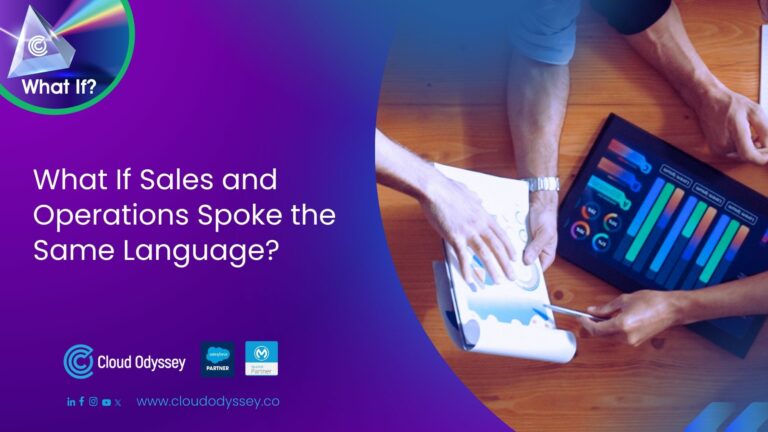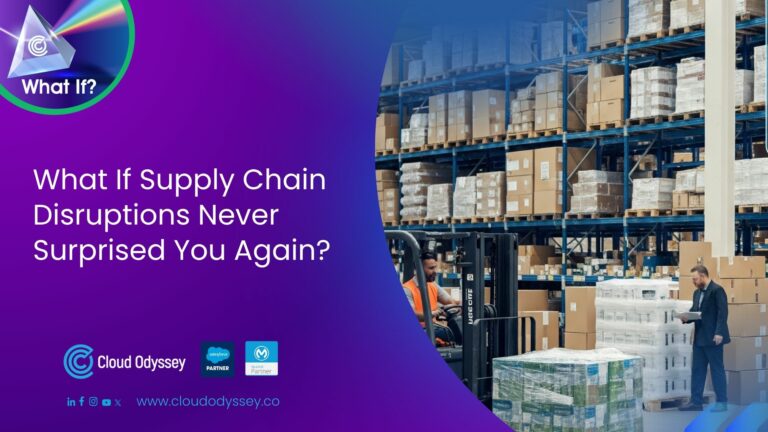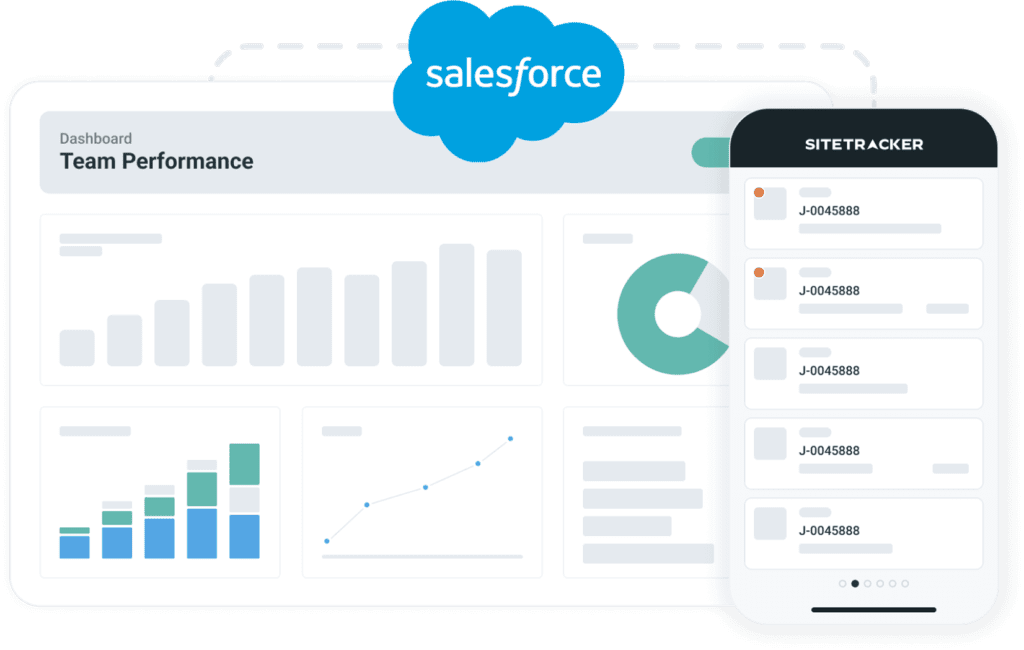In today’s B2B commerce landscape, a seamless supply chain is paramount. Salesforce B2B Commerce empowers you to achieve this with its robust Integration Framework. This powerful tool enables effortless integration with third-party logistics (3PL) providers, ensuring efficient order fulfillment, timely deliveries, and a happier customer base.
The Importance of Logistics Integration in B2B Commerce
Integrating your B2B commerce platform with a 3PL provider offers a multitude of benefits:
- Streamlined Operations: Automated data exchange between your B2B commerce platform and 3PL provider eliminates manual data entry, reducing errors and streamlining fulfillment processes.
- Improved Efficiency: Real-time inventory visibility and order tracking through integration empower you to optimize warehouse operations and delivery schedules.
- Enhanced Customer Experience: Accurate order fulfillment and timely deliveries translate to happier customers and a stronger brand reputation.
Salesforce B2B Commerce Integration Framework: Your Logistics Ally
The Salesforce B2B Commerce Integration Framework provides a powerful foundation for seamless 3PL integration:
- Pre-built Connectors: Leverage pre-built connectors for popular 3PL providers, simplifying the integration process and reducing development time. ([invalid URL removed])
- Open API Architecture: The open API architecture allows for custom integrations with any 3PL provider, offering flexibility to cater to specific business needs. (https://developer.salesforce.com/docs/atlas.en-us.b2b_b2c_comm_dev.meta/b2b_b2c_comm_dev/b2b_b2c_comm_dev_guide.htm)
- Real-Time Data Exchange: The framework facilitates real-time data exchange between your B2B commerce platform and 3PL provider, ensuring both systems have access to the most up-to-date information.
Beyond the Basics: Advanced Logistics Integration
While pre-built connectors and open API architecture provide a strong foundation, consider these additional functionalities:
- Automated Order Routing: Configure automated order routing based on factors like product availability, shipping location, or order size, optimizing fulfillment efficiency.
- Inventory Management Integration: Integrate your inventory management system with your B2B commerce platform and 3PL provider, maintaining real-time inventory visibility across all touchpoints.
- Shipment Tracking Visibility: Offer your B2B customers real-time shipment tracking capabilities, enhancing transparency and fostering trust.
Conclusion
By leveraging the Salesforce B2B Commerce Integration Framework, you can bridge the gap between your B2B commerce platform and your 3PL provider. This seamless integration empowers you to streamline logistics operations, ensure accurate order fulfillment, and ultimately, deliver a superior customer experience that drives business growth.










